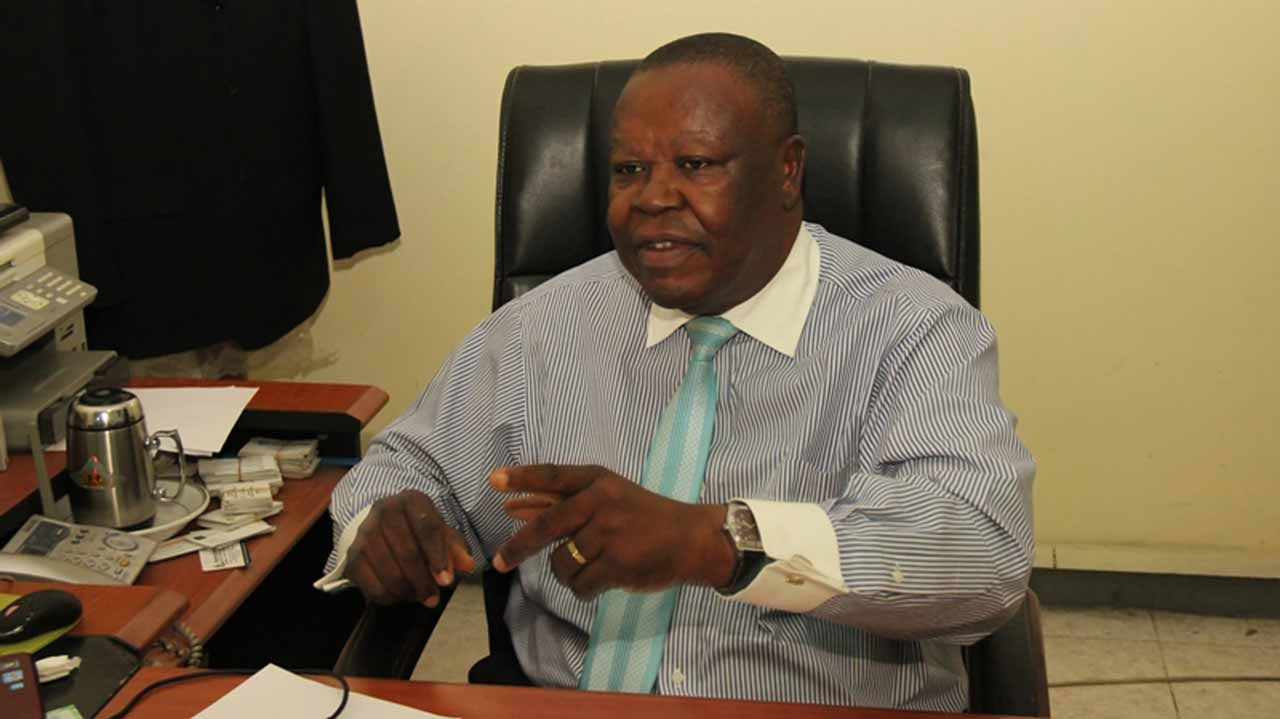
With the Lagos Commodities and Futures Exchange (LCFE) expected to commence operations soon, as a pan-African Exchange among others, the Chairman, Association of Securities Dealing Houses of Nigeria (ASHON), Patrick Ezeagu has said the capital market has opened up multiple options for securities dealers in Nigeria.
According to him, recent transformation in FMDQ that enabled it become a full-fledged exchange, has given dealing members the opportunity to boost their options for securities trading. Ezeagu, described the development as heart-warming, saying: “The new trend in the financial market is that operators have multiple options for professional practice. These go along with multiple income streams on the table of market operators. We are looking at a broad range of markets and the readiness of operators to participate in these markets. We have seen an expansion in fixed income investments, in Government Securities and renewed interests in the Commodities Market. The listing of two telecommunications companies excited the market within the year.”
According to him, the equities market represents the real owners of the firm, taking into consideration the features of the theoretical common stock, and the performance the market in Nigeria is not different from its worldwide nature. Ezeagu noted that equities had been dwindling globally, becoming enigmatic for traders who cannot keep up with continuous price volatility, especially where other asset classes like fixed income proved better alternatives.
Commenting on further, he said: “This has serious implications to the operators who hold equities as part of their capital; they have to contend with pressures from regulators to maintain the minimum regulatory capital requirement. On the part of investors, there is a renewal of the age -long attitude to buy and hold, which also impacts on the market liquidity. However, with the recent pronouncement by the Central Bank of Nigeria, equities market seems to have responded positively.”
Speaking on the imminent demutualisation of the Nigerian Stock Exchange (NSE), he said: “It had been in the works for a while, and ASHON has been involved in the discussions. We represent firms that will transit from members to shareholders of the Exchange. We are gearing up to this new responsibility and the benefits we expect to flow from the laudable venture. Our members are being repositioned to operate under the demutualised Exchange. ASHON’s members are currently the owners of The Nigerian Stock Exchange. We have embarked on strategic restructuring to bolster the members’ image, consolidate a formidable team, and review internal processes among others. The process of demutualisation of the NSE is approaching a climax. We expect that we shall transform from being members to Shareholders soon. It is important that we prepare ourselves for the change in status which comes with some responsibilities and new realities. All our members representing us both at the Advisory Committee and the NSE Council have been working tirelessly to defend our collective interests in the demutualisation process.”
He added: “The economy is changing; the environment is changing as technology evolves with the times. We encourage investors to embrace technology so as to keep abreast with the new ways of doing business in terms of investing, reporting, earnings, and record keeping/retrieval. Investors should not, notwithstanding the ease of doing business offered by technology, neglect the expert advice of their stockbrokers.”
To strengthen relationship operators, he urged the government to involve capital market professionals in the preparation of the National Budget. “It portends good if stockbrokers are co-opted into some government policymaking fora that relate to the capital market and the economy in general. We cannot but emphasize that our capital market has the capacity to finance infrastructural development needs of the country if properly harnessed and government has a role to play in using the Capital market to fund its infrastructural needs.”



